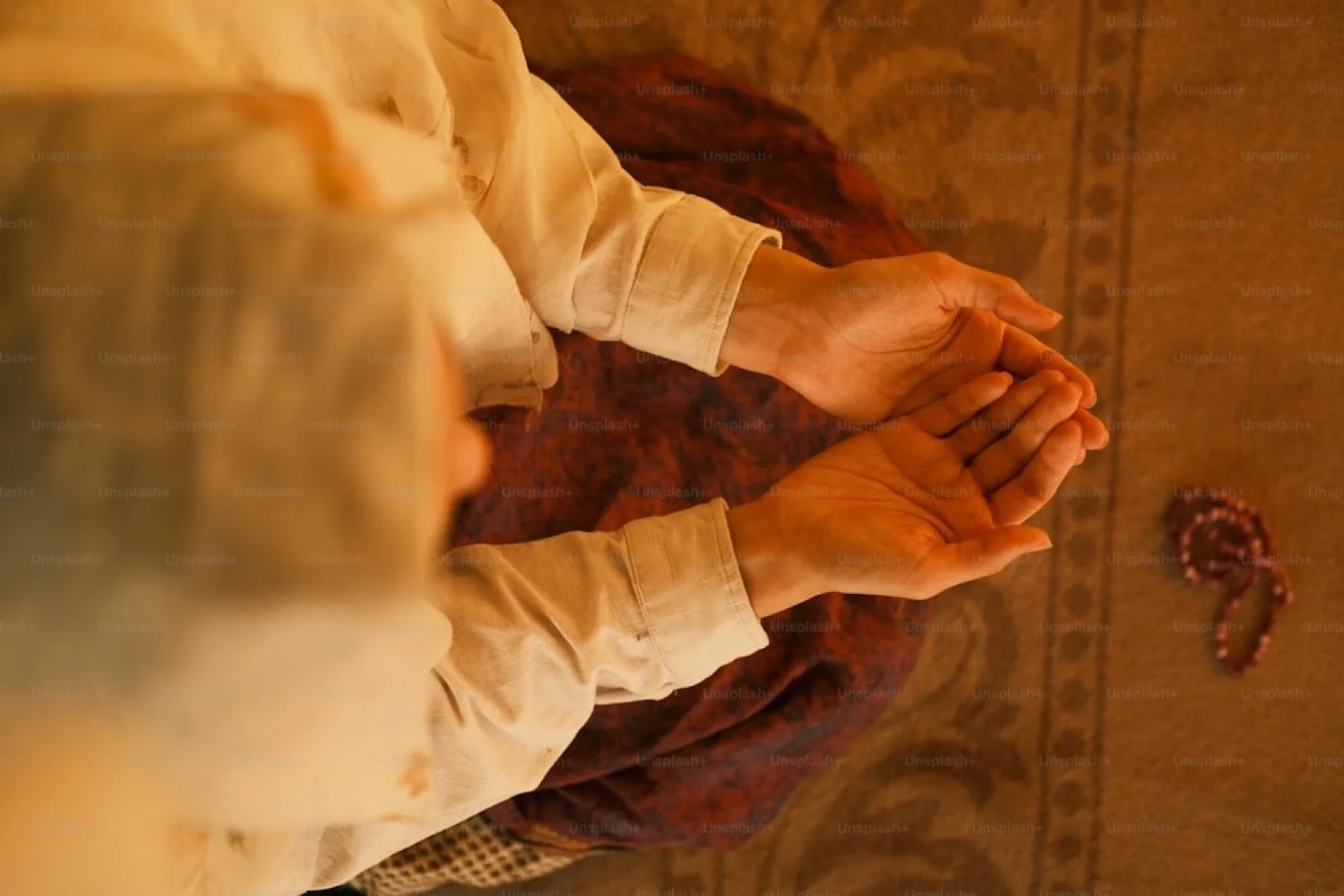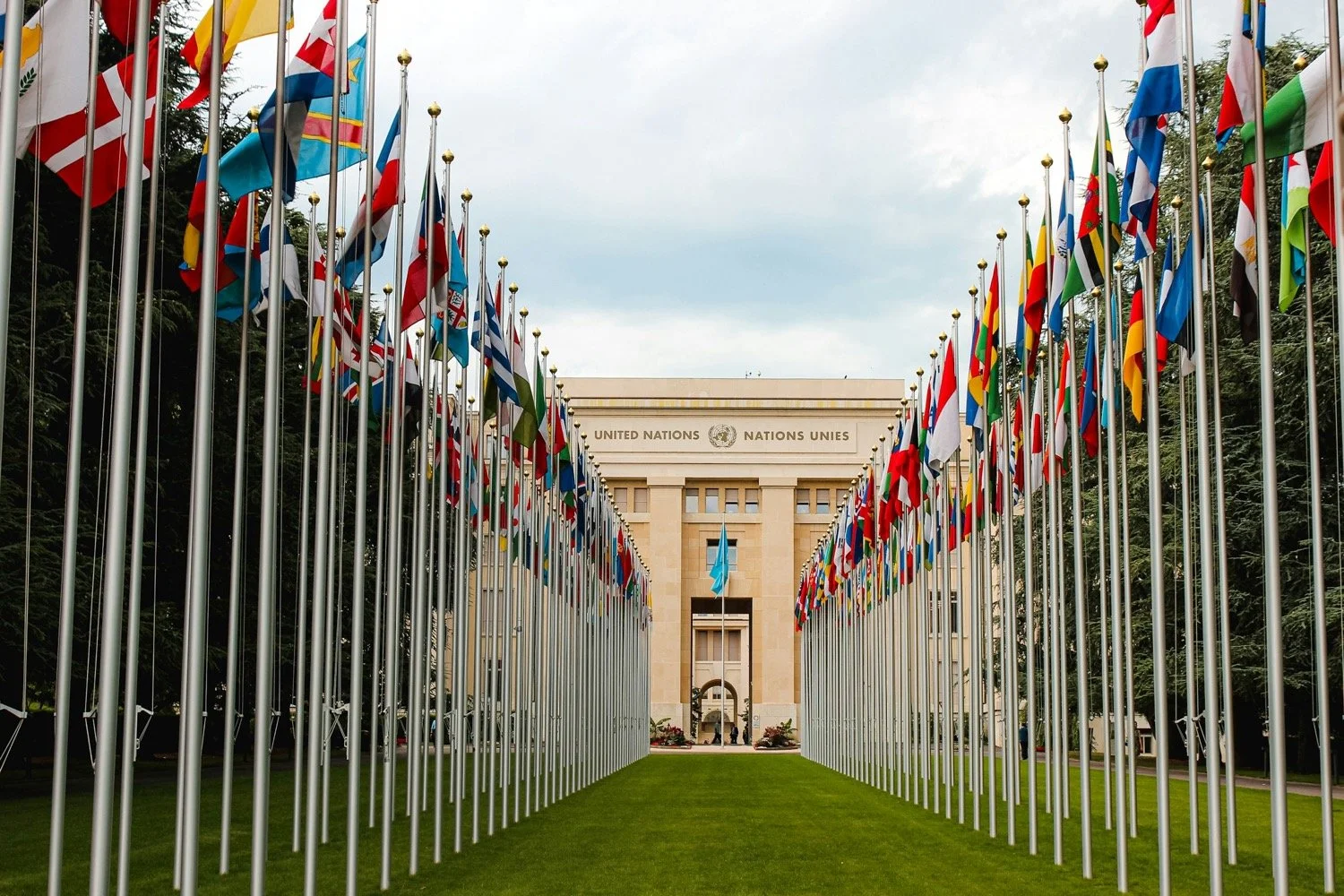Readings for today: Genesis 48-50, Psalm 16
God specializes turning what we intend for evil to the good. The history of humanity is replete with example after example of humanity making decisions that serve their own selfish purposes. The problem with this approach to life is that it creates a ripple effect that invariably impacts others in a negative way. All of us fall prey to it. All of us struggle with it. There is no such thing as a decision that has no consequences. Every decision or even non-decision creates conditions that others experience as frustrating, painful, or disappointing. Some even create conditions that are harmful or life-threatening. The more power and influence one has, the greater the ripple effect but even those who have little to no power or influence can still have an impact.
Several years ago, I was traveling with a team to one of the poorest places on earth. As we ministered all week alongside and among those living in life-threatening poverty, one of the members of our team pulled me aside and asked how God could allow such conditions to exist. It was a great question. One everyone should ask when they come face to face with extreme suffering. As we talked, I asked her why she was so quick to blame God. She replied with the classic theological answer that since God was in control over all things, He must be responsible when things go south. I then asked her if she felt any responsibility herself for the conditions of the people we were serving. She did not. I asked her why. She shared with me that her life was lived on the other side of the world, in a different country, and she didn’t have either the power or the opportunity to change things. I challenged her on this line of thinking. Imagine, I said, if she reoriented her entire life around relieving conditions like what we had just experienced. Imagine if she recruited friends and family and neighbors to the cause. Imagine entire communities or even nations rallying together to provide clean drinking water and food security to every single person on the planet. It certainly could happen. We simply lack the will because we all ultimately want to take care of ourselves first. And therein lies the problem. Thankfully, God is faithful. He works through His people in all sorts of amazing ways to meet the needs of the poor and powerless and marginalized and broken. Billions of dollars are given each year to relieve life-threatening poverty and provide access to education and all sorts of other opportunities for people around the world. God promised Abraham that it would be through him that all the nations of the earth would be blessed and God has never wavered on that promise. It is through us that God will work His perfect will for the world, turning what we often intend for evil for His good.
This essentially is the narrative behind Joseph’s story. God takes what Joseph’s brothers intended for evil - selling him into slavery - and turns it to the good. God takes what Potiphar’s wife intended for evil - falsely accusing him of rape and throwing him in prison - and turns it to the good. God takes what the cupbearer intended for evil - by promptly forgetting Joseph once he was restored to his position at court - and turns it to the good. God takes a massive famine - a natural evil - and turns it to the good by providing an opportunity for Joseph to step into leadership. Over and over again, God uses the circumstances of Joseph’s life to mold and shape and prepare him for the good that was to come. As a result, Joseph was able to not only save his family but all of Egypt from a mass starvation event.
When one looks back at Joseph’s life and takes each incident in isolation, it would be tough to see where everything was headed. However, once the full picture is in view, one can easily see the hand of God at work. The same is true for us. If we focus on the isolated events of our lives, it’s hard to see the impact - good or bad - that we make. However, if we step back and look at the big picture, we can see how God is at work using all things for the good of those who love Him and are called according to His purpose.
Readings for tomorrow: Exodus 1-3, Psalm 17




